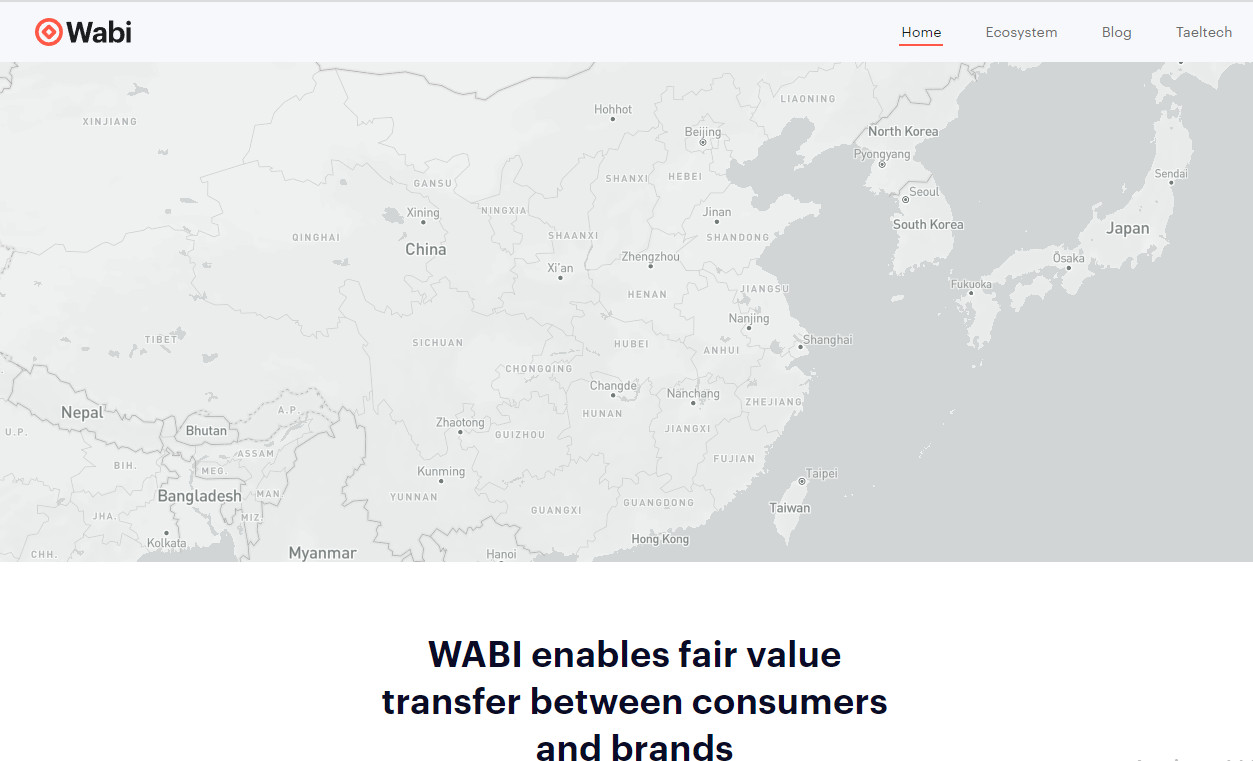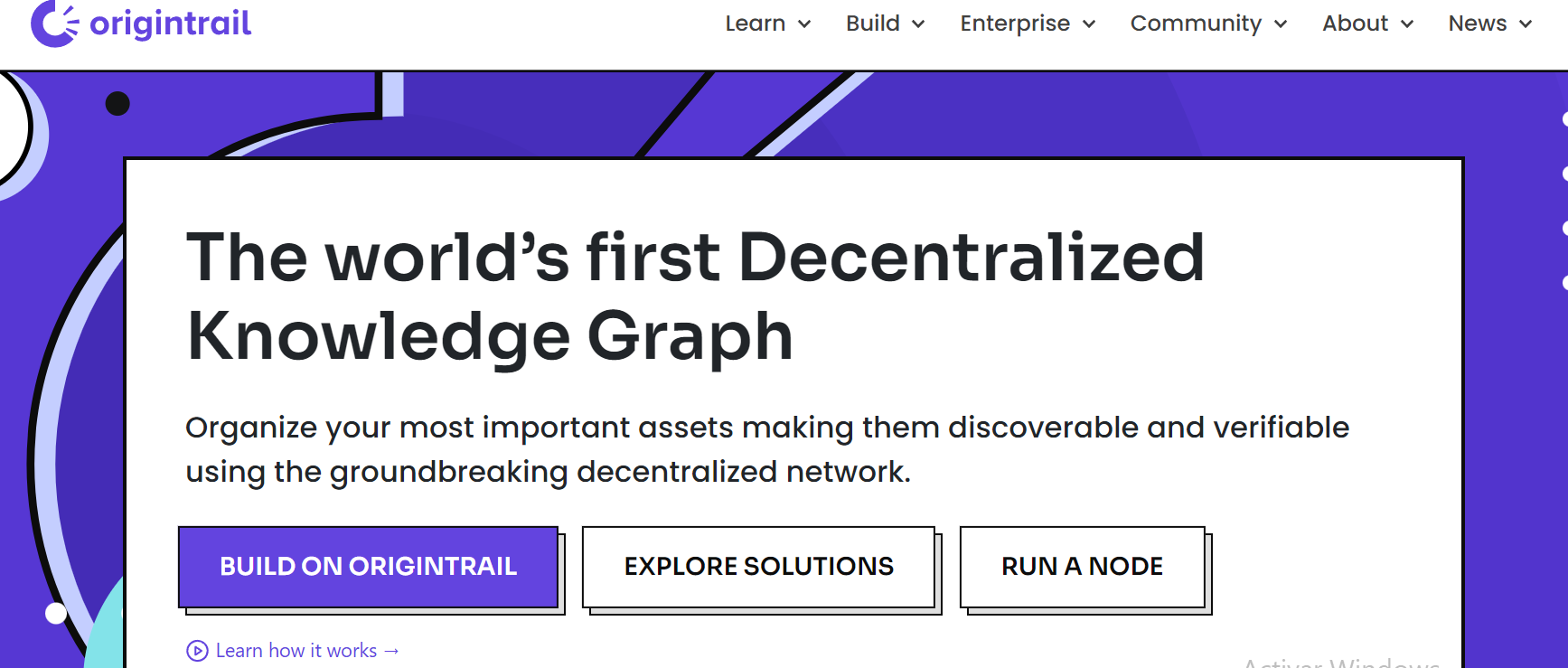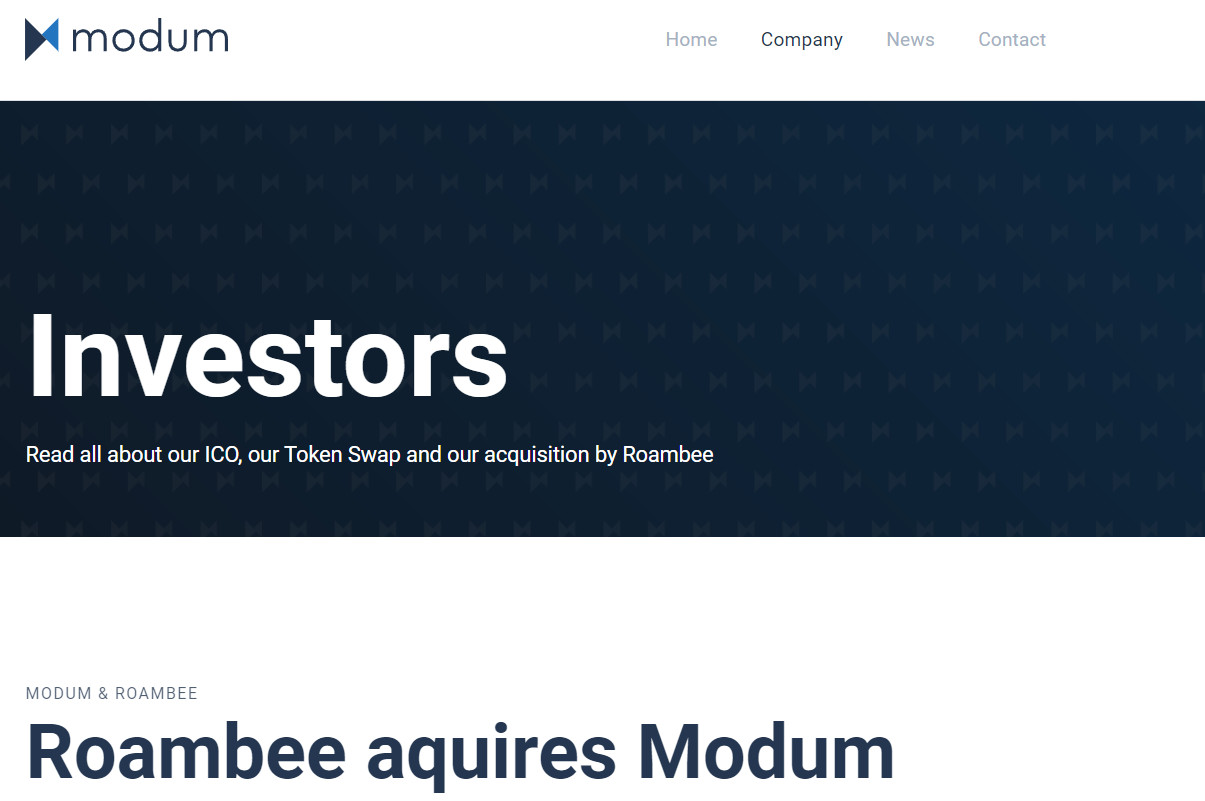Blockchain technology has continued to grow exponentially, disrupting the way we do business and carry out transactions in several sectors of the world today.
One major sector that has been primarily disrupted by blockchain technology is the Supply Chain space. While we have seen the Supply Chain uses cases in blockchain, there is still a large room for improvement.
The supply chain can accurately be described as the engine of every business. That said, DLT-powered supply chain projects aim to revolutionize the entire global supply chain industry with the help of blockchain technology, smart contracts, IoT, etc. These projects promise to provide transparency throughout the system from A to Z.
This article will look into some of the top projects making waves in the supply chain sector using blockchain technology.
1. Tael (WABI)
Tael (formerly WABI) focuses on developing a solution that can be used to check product authenticity. It is easily recognizable and integrated into a leading marketplace for genuine and authentic products. The Tael brand focuses on trust and aims to integrate Tael as a payment method in every store.

Source: Wabi
If product details do not match those in the existing database, the company will send alert notifications to both the consumer and the manufacturer. Also, TAEL uses a blockchain-linked Near-Field Communication (NFC) label to trace listed items on its marketplace. Importantly, Tael is very popular in China.
Every consumer in the ecosystem is a lifetime Tael holder. Besides, consumers receive additional Tael with every purchase. And these cannot be sold on exchanges.
2. Walmart Blockchain Projects
U.S. multinational retail giant Walmart has recognized and employed blockchain technology to improve its supply chain. In line with this, the retail giant has launched several blockchain-based projects to facilitate trustless traceability in its supply chain. Some of these projects include:
- The tracing of pork supplies from China.
- Tracking the origin of mangoes sold in its U.S. outlets.
- A partnership with KPMG, IBM, and Merck to track products in the pharmaceutical supply chain.
- The retail giant has also incorporated blockchain to trace its supply of fresh leafy vegetables.
3. VeChain (VET)
VeChain is a blockchain-based platform designed to enhance supply chain management and business processes. Also, it focuses on developing a decentralized system that enables the flow of information securely and privately, building trust and transparency across borders and companies.
Therefore, the platform uses blockchain to track products and identify counterfeit ones. VeChain’s Technology includes the Proof-of-Authority (“PoA”) consensus algorithm, meta transaction features, protocols of transaction fee delegation, on-chain governance mechanism, in-built smart contracts as well as tools for developers.
The platform also has two tokens:
The VeChain Token (VET) – used to transfer value across VeChain’s network, and
VeChainThor Energy (VTHOR) – used as energy or gas to power transactions.
Moreover, the blockchain platform focuses on luxury goods, wines, agriculture, automobile, transportation, pharmaceuticals, logistics, and audit services.
Finally, VeChain has built essential partnerships with BMW, Walmart China, Ricci Curbastro, Ruffino, among many others.
4. OriginTrail
OriginTrail aims to design a solution that works interoperably and:
- Shares data throughout the supply chain both internally and externally;
- Connecting legacy source system with the new one;
- Ensuring data immutability by utilizing blockchain technology (integrity).
- It brings trusted data sharing to global supply chains, including Fortune 500 companies in multiple sectors.

Source: Origintrail
As an open-source blockchain-based technology paving the way to large-scale adoption, OriginTrail protocol is attracting the interest of researchers, public institutions, and government decision-makers on an international level.
OriginTrail received acknowledgment from The World Economic Forum (WEF) for its blockchain-based solution focused on supply chain maintenance of COVID-19 essential resources.
5. Ambrosus (AMB)
Ambrosus is a blockchain-powered IoT network for food and pharmaceutical enterprises. It enables secure and frictionless dialogue between sensors, distributed ledgers, and databases.
Therefore, consumer products are tagged with an immutable and tamper-proof unique identity mechanism. The underlying idea of this project is based on a decentralized protocol that tracks, stores, and transmits assembly-line and sensor data.
Ambrosus aims to provide the following facilities:
- Optimizing Supply Chain
- Product Tracking
- Quality Assurance
- Anti-Counterfeit
6. Bext360
Bext360 is utilizing the blockchain to improve the global supply chain for agricultural products. It focuses on the following areas:
- Quality improvement of the supplied products
- Improving supplier community
- Improving the overall environment for sourcing in developing countries
Bext360 uses machine vision and artificial intelligence (A.I.) to source high-quality agricultural products directly. It makes direct digital/mobile payments to farmers, communities, banks, other stakeholders, and other stakeholders.
The system facilitates tracking and helps maintain a record-keeping facility that allows the user to connect with the supplier group directly. Also, Bext360 provides a complete RESTful API to allow wholesalers and retailers to embed the Technology into their websites and supply chain management tools.
Moreover, Bext360 focuses on the following industries: coffee, seafood, timber, minerals, cotton, and palm oil.
7. CargoCoin
CargoCoin links the physical world of trade, transport & logistics with blockchain by replacing paper documents with smart contracts. It provides a secure way of payments throughout the process. The full-scale scope of the project extends to all transport areas:
- Shipping industry (containers, bulk, breakbulk, liquid bulk)
- Inland transportation (trucks, railways)
- Air cargo (vehicle by planes, drones, etc.)
Other types of transportation include, but are not limited to: pipeline transport, space cargo, intercity, and the outer city shared rides. Therefore, the system aims to optimize the interaction amongst traders. Also, other parties are involved in the international trade and transport of commodities and cargoes.
The platform architecture is based on the principles of a high level of security, transparency, traceability, and accountability.
8. CargoX
CargoX is the independent supplier of blockchain-based Smart Bill of Lading (Smart B/L™) solutions that provide an extremely fast, safe, and cost-effective way to process Bills. The platform is based on the Ethereum network, changing the traditional shipping industry.
Last year, it became the first company of Lading provider approved by the International Group of P&I Clubs. Moreover, notable partners of Cargo X include Milsped Group, Maker, Fracht AG, OceanX, etc.
9. Modum
Modum offers a digital supply chain monitoring & optimization solution that measures environmental conditions for the pharma industry. Also, it enables the pharma distributors to fulfill regulatory obligations under GDP efficiently and cost-effectively.

Source: Modum
Moreover, Modum is currently collaborating with the Swiss Post and SAP. They have designed a user-friendly web-based application that will notify deviations in temperature, motion, etc. In addition, the entire solution can be integrated into an existing ERP system and leverage a recorded trusted event.
Finally, the Modum network promises to provide real-time data by utilizing the benefits of smart devices. Therefore, this will help consumers check the authenticity of the product and the shipment tracking details.
10. ShipChain (SHIP)
The last Supply Chain that uses cases in the blockchain is ShipChain. This company is building a fully integrated ecosystem that will track the information of items from the point of shipment until final delivery on the customer’s doorstep. Every shipment is federated and validated in trustless, transparent blockchain contracts. Also, it will support live tracking with alert notifications and store encrypted transport information.
Moreover, ShipChain has a stand-alone final mile solution, The Delivery Experience Manager.
The following Businesses across industries that can take benefit from ShipChain;
- Pharmaceutical
- Medical Equipment
- Food, Agriculture, and Farming
- Rental Enterprises
- Logistics Service Providers
- Retail Stores
Conclusion
Unlike in other sectors, the Supply Chain uses cases in the blockchain is relatively complex. The projects mentioned have a humongous task of achieving their vision of becoming an integrated supply chain. While the concepts are exciting and revolutionary, they still require work. We’ll keep an eye on them.
 altcoinbuzz.io
altcoinbuzz.io